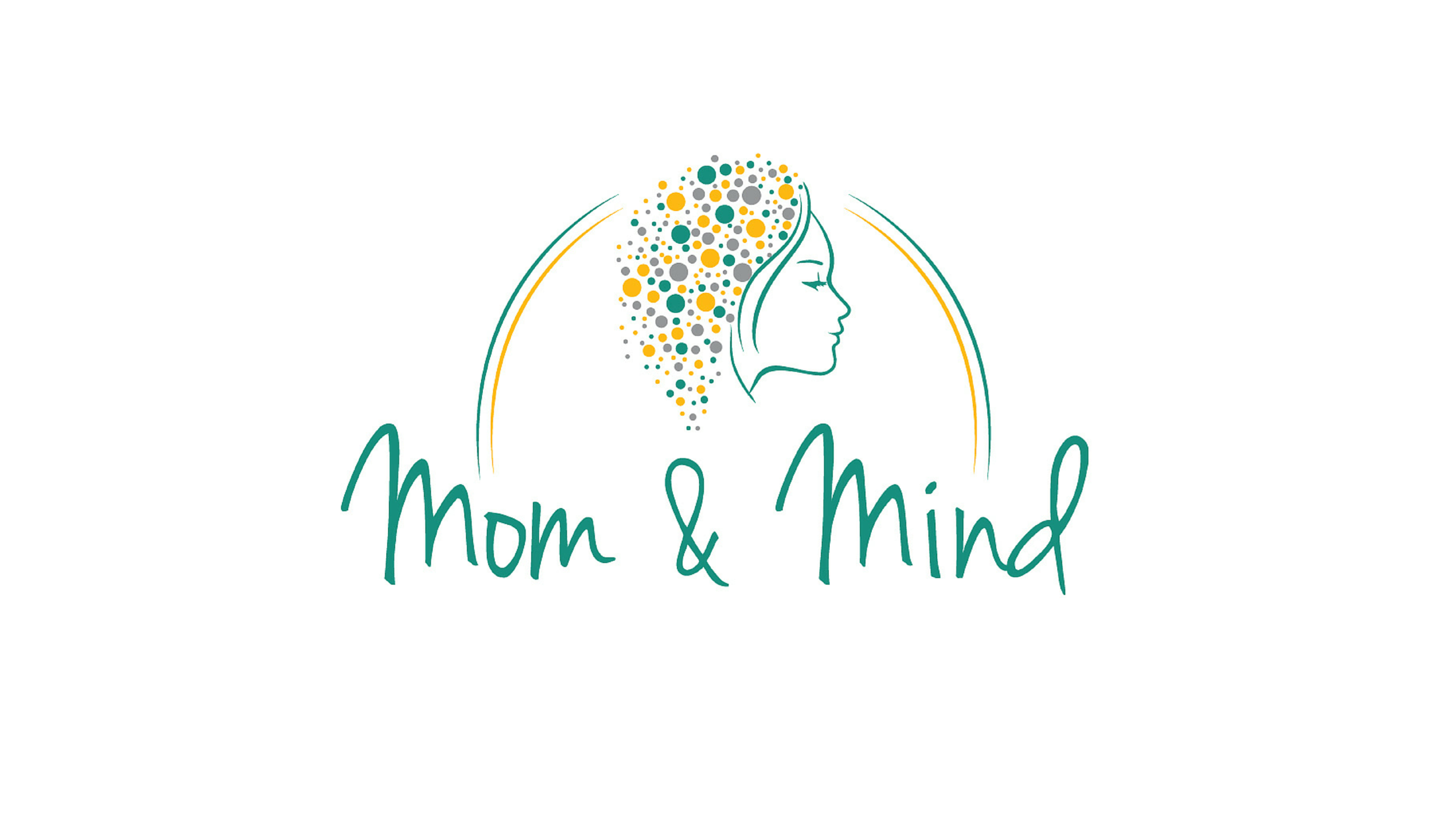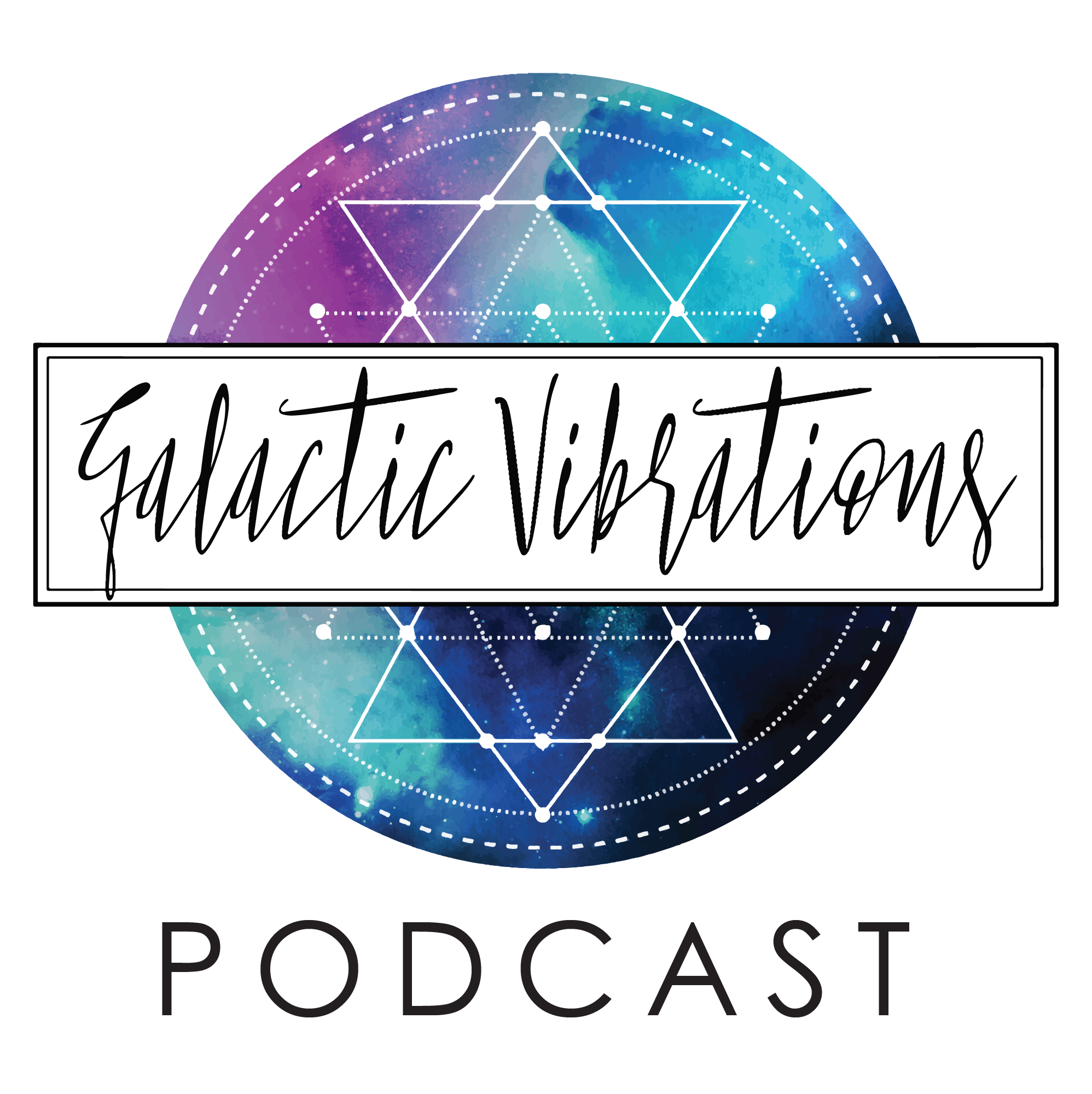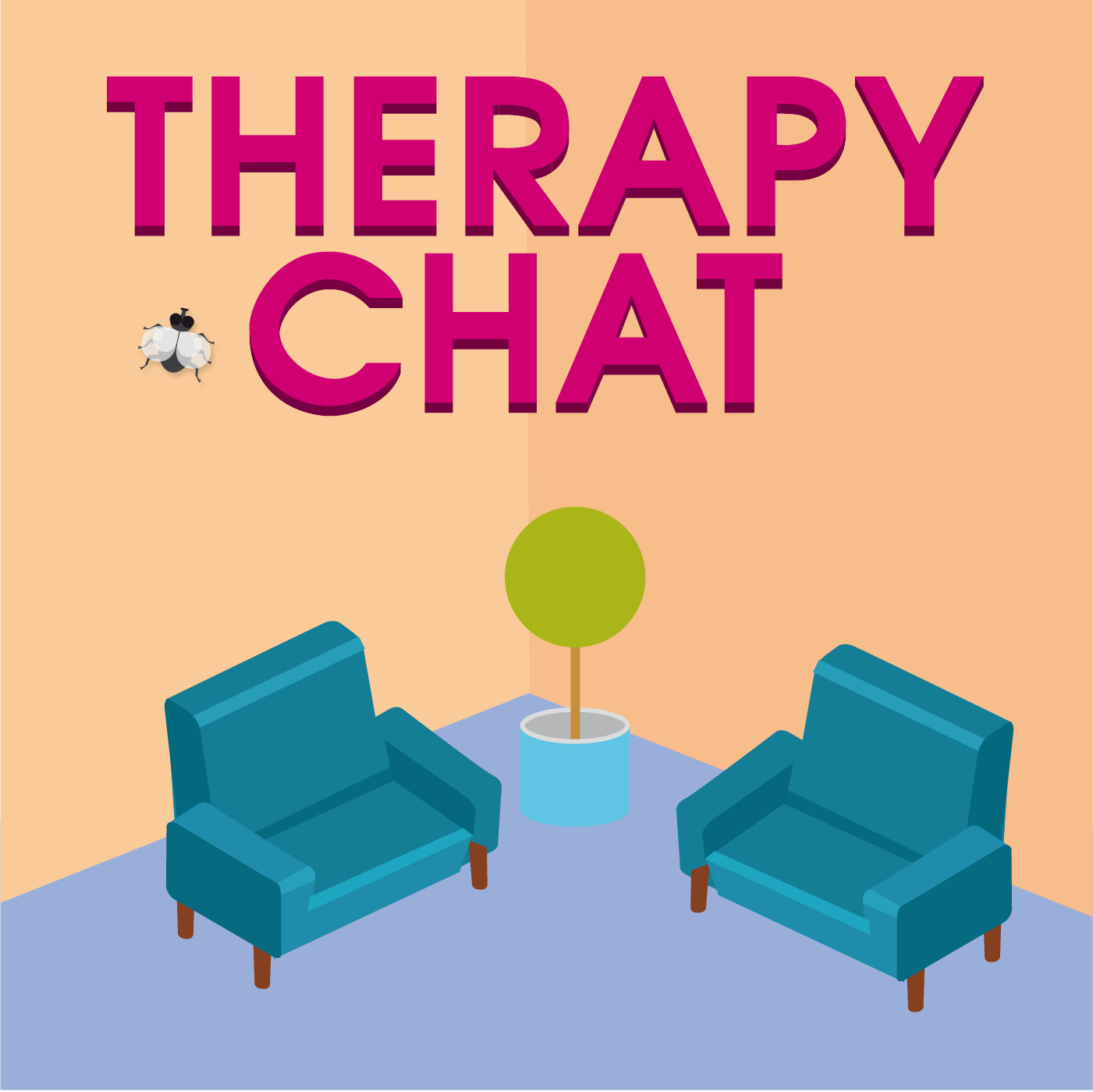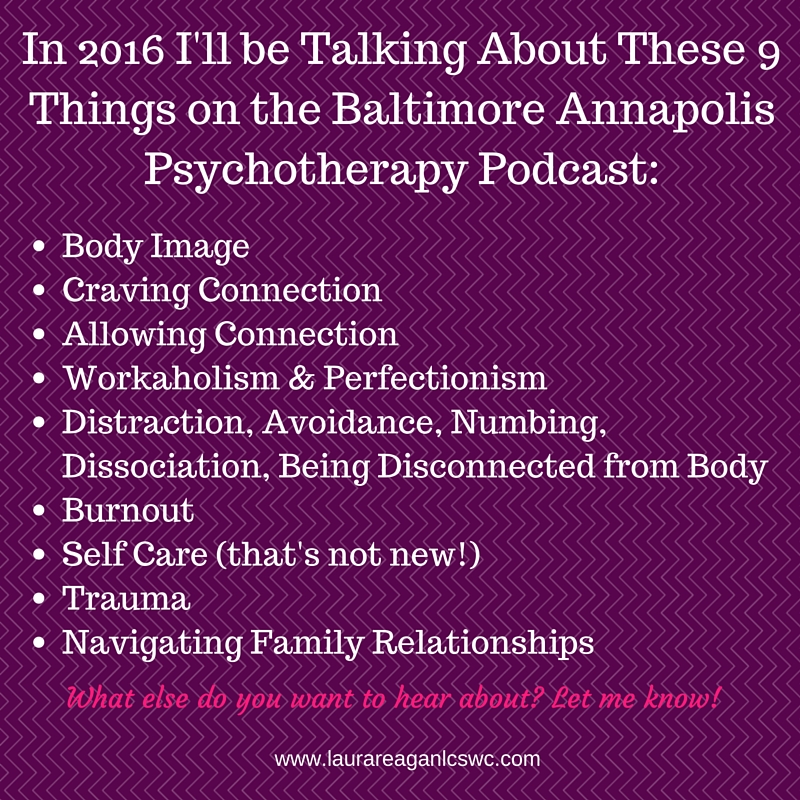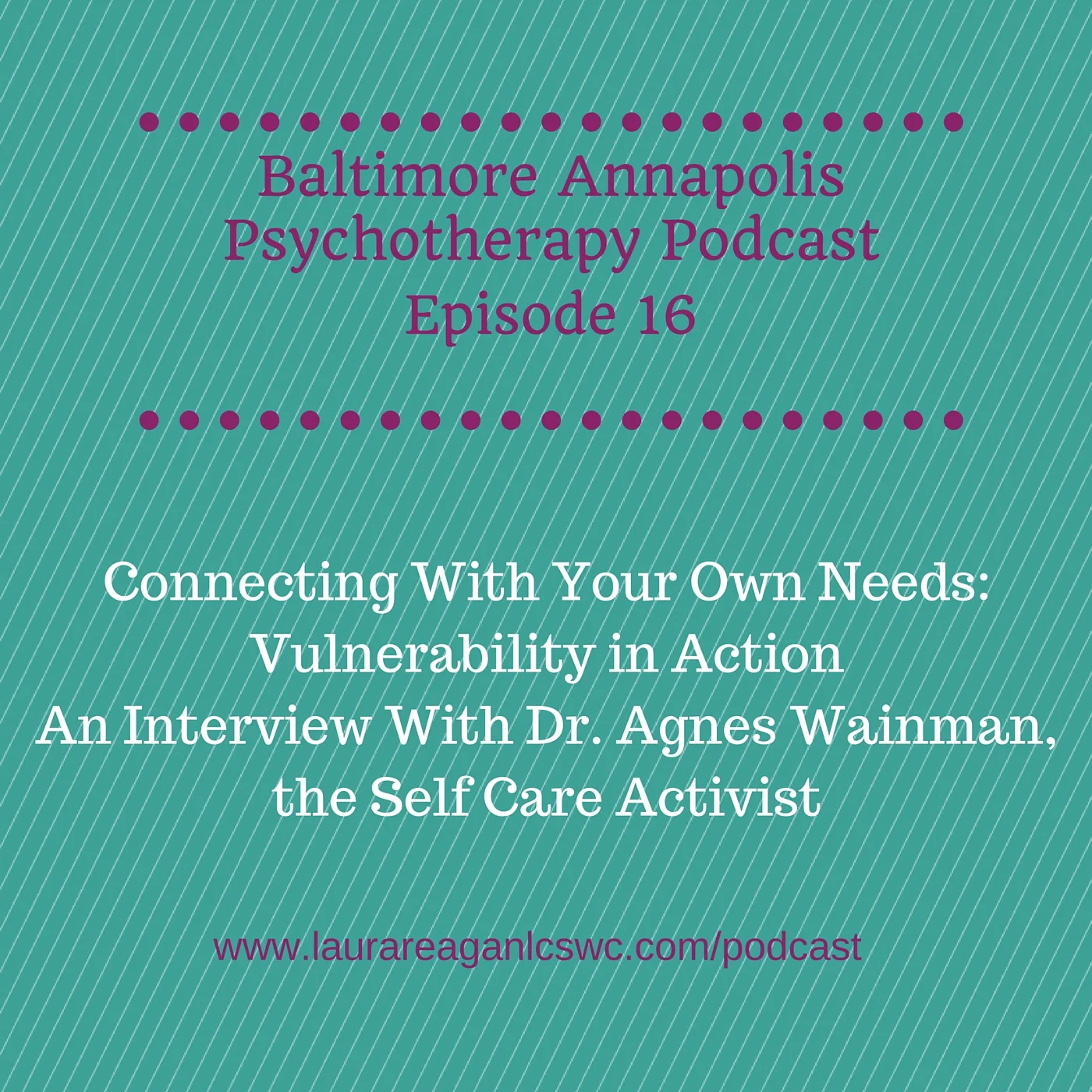Looking for some new podcasts to listen to?
I'm on a bit of a holiday hiatus from new episodes of Therapy Chat podcast. In the meantime, I wanted to tell you about some other podcasts I love. Here are 6 podcasts I'm listening to and recommending frequently! I hope you will check them out and please comment with your favorite podcast!
[Click here to listen to this post in podcast episode format]
1. Women In-Depth with Dr. Lourdes Viado, MFT - I love this podcast because my friend and colleague Lourdes Viado conducts interesting and (as the name implies) in-depth interviews on topics that people don't usually talk about. Lourdes is a depth psychologist who was mentored by Jungian analyst and author Dr. James Hollis. She is so knowledgeable about her work and I love listening to her soothing voice. The podcast is fantastic and I recommend it without reservation! Some of the episodes I frequently recommend to my clients include:
Episode 10: Spiritual Abuse: What It Is & Why It Matters with Tamara Powell, LMHC
Episode 23: Understanding Spiritual Abuse (Part 2) with Tamara Powell, LMHC
Episode 14: Women and the Midlife Crisis with Diann Wingert, LCSW
Episode 21: Healing the Mother Wound with Bethany Webster
Women In-Depth covers subjects that people may consider off-limits or taboo, such as infidelity, sexual abuse, staying in an unhappy marriage, and much more. I hope you'll check it out! Let me know what you think!
I must add, Lourdes has been a guest on Therapy Chat too. I frequently tell people about her episode, which was about "The Shadow." To listen to that episode click here! I've also been a guest on her podcast.
2. Mom & Mind with Dr. Kat Kaeni - Dr. Kat is a clinical psychologist who specializes in maternal mental health. She is knowledgeable, skilled and experienced at helping people who are struggling with infertility, emotional health related to pregnancy - including pregnancy loss, and post-partum stress like depression, anxiety, OCD and Post-traumatic Stress Disorder. Her podcast is a fabulous resource offering information to pregnant and parenting moms, fathers and people who are trying to conceive as well as healthcare providers and psychotherapists. I have learned so much from Dr. Kat and her podcast and I recommend it frequently! Start out with these episodes:
Episode 1: My Postpartum Story: Anxiety and Depression
Episode 3: Resources for PPD Healing and Learning
Mom and Mind is a great resource. Stay tuned to my podcast to hear an upcoming interview with Dr. Kat. I can't wait to share her with my audience!
3. Galactic Vibrations with Keri Nola and Lloyd Burnett - if you've listened to my podcast you've heard Keri Nola there. She's been on twice, talking about intuition and the Shadow. I am a huge fan of both Keri and Lloyd, who are amazing energy healers and coaches. Their podcast is brand new (it came out less than a month ago) and it is a huge hit already. If you are into the "woo woo" stuff like I am, you'll enjoy hearing their energetic forecasts, oracle card readings, and so much more. Get started by listening to these three episodes:
Episode 1: Understanding & Healing the Energy of Denial
Episode 2: Using the Energy of Fear to Unlock the Mystery of Ascension
Episode 3: The Shadow of Force, the Truth of New Years Resolutions, and People Pleasing
I've done coaching for business and personal growth with both Keri and Lloyd. They're great at what they do! And as I mentioned, Keri has been on my podcast. She talked about using intuition in therapy in Episode 11, back when my podcast was called The Baltimore Annapolis Psychotherapy Podcast. And she contributed to my series of episodes on the Shadow (after Lourdes's episode, mentioned above) in Episode 42.
4. Launching Your Daughter with Nicole Burgess, LMFT - My friend and colleague Nicole Burgess, LMFT, practices in Indianapolis, Indiana with a focus on teen girls and women. Nicole is super passionate about her work and it comes through when you listen to her podcast.
She has been kind enough to have me on her podcast twice! Once I talked about The Daring Way™ and the second time was about helping your daughter (or son) if they experience sexual violence. Nicole's podcast covers a wide variety of topics related to the issues of parenting girls.
Here's a sampling of some of her episodes that I've enjoyed:
Episode 34: How Art Therapy Can Be Effective With Teens
Episode 33: How to Create Healthy Boundaries In Your Family
Episode 31: Ways Parents & Teens Can Receive Support Around Suicide Prevention
I hope you'll enjoy listening to Launching Your Daughter as much as I do.
These last two podcasts are super amazing ones for therapists who are building private practices. Both of the podcasters are my buddies - they've both helped me in tons of different ways and if you're a therapist you probably already know of them. If not - prepare to have your mind blown!
5. Selling The Couch with Dr. Melvin Varghese - Melvin is an awesome psychologist in Philadelphia who wanted to start his own private practice so like any good student, he set out to learn from people who have already done it. Melvin has interviewed dozens upon dozens of therapists and other experts in practice-building to learn how they have managed to build successful private practices and other types of businesses. Melvin has interviewed experts on marketing, multiple income streams, running groups, building websites, creating Psychology Today profiles, writing books, mindset shifts, and so much more. He's had over 100 episodes so far and his podcast is listed in the top 100 business podcasts on iTunes, which is a pretty significant accomplishment! I'm super excited for Melvin as he's now building his private practice, following all that great advice he's received, and I know he will help many people! Here are a few of his most recent episodes. There are so many - if you're a therapist trying to build your private practice I recommend you listen to every episode - but here are a few to get you started:
Episode 93: How Comparison Can Steal Your Joy
Episode 92: My Morning Routine & Productivity
Episode 85: Saying No As a Private Practice Owner
Melvin was on my podcast talking about how therapists can use podcasting to grow their practices. He knows his stuff. He taught me pretty much everything I know about podcasting. Podcasting has enriched my life in so many ways and it's mainly Melvin who I have to thank for it. Here's Episode 49 of Therapy Chat with Melvin Varghese.
6. Blissful Practice Podcast with Dr. Agnes Wainman - this is another brand new podcast. Disclaimer - I was the first guest on this podcast. But I don't love it only because I've been on it. Agnes is a psychologist in Ontario, Canada who has learned the hard way how to create a private practice that feels blissful. She spent time at the other end of that spectrum, feeling burned out, and she wants to help therapists who are building private practices find their own bliss. On her podcast, Agnes talks to therapists about their journeys to private practice. I love her perspective and I think you'll love her podcast. Check it out here:
Episode 3: Why I Became A Therapist
Episode 2: Networking Guru Allison Salmon Puryear
Episode 1: Therapists Can Change the World: A Discussion with Laura Reagan, LCSW-C
Agnes was one of my early guests on Therapy Chat (back when it wasn't called that). Check out our interview here!
So now you have my list of 6 podcasts I'm loving right now. When you have downtime this holiday season, check them out! I am sure you'll find at least one that you really love.
Of course, you're always welcome to listen to Therapy Chat, there are 64 episodes counting the podcast version of this blog post, and I would love for you to listen, subscribe and leave a rating and review!
If you want to read more of what I write, follow me on Twitter, Facebook, Instagram and Pinterest. You can also visit iTunes to subscribe to Therapy Chat. There you'll hear me talking about what I talk about and interviewing other people about what I'm interested to discuss. Or you can listen to Therapy Chat on my website, or on iHeartRadio, Stitcher or Google Play.
If you're in Maryland, and you want therapy to explore the vulnerable parts of yourself that are in need of healing, check out my website. Therapists can learn about my Trauma Therapist Community by clicking here.
You can also call me at 443-510-1048 or e-mail me at laura@laurareaganlcswc.com. I look forward to connecting! In the meantime, take care and I hope you enjoy the holidays!
Warmly,
Laura Reagan, LCSW-C


